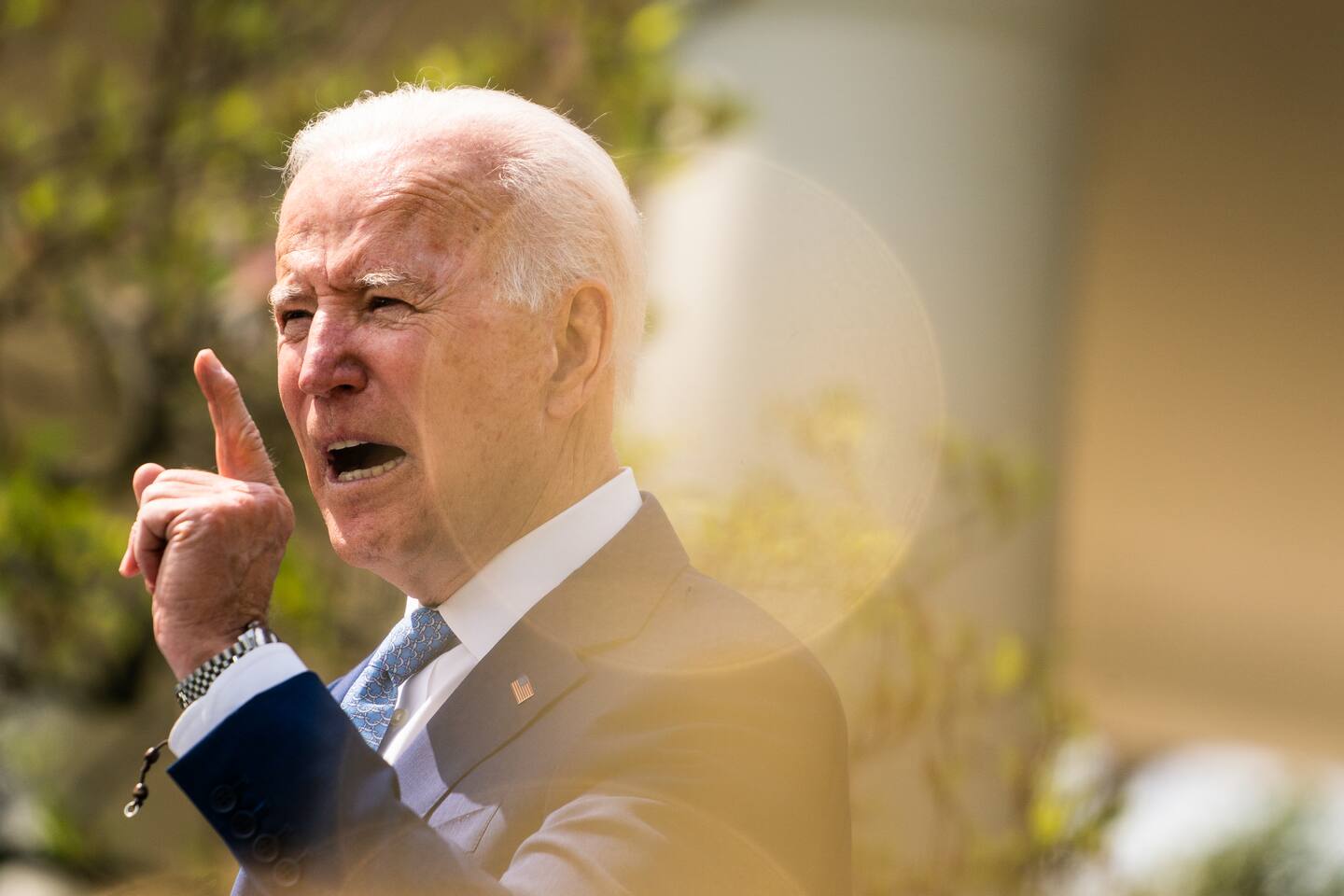Biden aims to succeed where Trump failed

And on that count, President Biden is teeing up an early effort to succeed specifically where his predecessor failed.
Biden is missing a deadline on this, but it’s not a deadline he set. The Trump administration reached an agreement with the Taliban that required U.S. troops to leave by May 1. That agreement then fell to the Biden administration to deal with — and Biden has telegraphed for weeks that it won’t be satisfied.
Such promises often go by the wayside in response to events on the ground and the advice of military commanders. Former president Barack Obama also pushed the idea of a withdrawal from the Middle East, saying in 2014 that he planned to pull out by 2016, but he couldn’t get it done either. And that history is relevant when it comes to the Biden administration’s announcement. It’s not done until it’s actually done.
Biden also has to be very familiar with the perils of overzealous withdrawal timelines, given his experience as Obama’s No. 2. The folly of promising too much and failing to deliver undoubtedly weighed upon this decision.
If Biden can pull it off, it would be a historic development in his presidency — a presidency which to this point he has been busy trying to achieve things Trump aimed to but failed on.
The first big example was coronavirus relief, which bedeviled Congress in the latter part of last year. Trump offered shifting recommendations about how to handle it, which resulted in Congress providing $600 payments rather than the $2,000 ones Trump had requested. Trump ultimately begrudgingly signed the bill, but this weekend in a private speech to a Republican National Committee event at his resort in Florida, he lamented how Republicans were unwilling to go along with his higher price tag.
In audio reviewed by The Post, Trump blamed then-Senate Majority Leader Mitch McConnell (R-Ky.) for declining to go along with the $2,000 checks and said it helped cost Republicans two decisive Senate seats in Georgia. “What the hell is he doing?” Trump said. “And that became a television commercial, and [Sens.] David Perdue and Kelly [Loeffler] didn’t have a chance after that commercial aired, because this guy was so stupid.”
After Democrats took control of the Senate thanks to those two Georgia races, Congress passed and Biden signed an additional $1,400 in direct payments as part of a $1.9 trillion package, bringing the total to $2,000.
Biden’s second big legislative initiative involves another issue on which Trump pushed big ideas but didn’t produce actual legislation: infrastructure. Trump talked up a big infrastructure bill repeatedly on the 2016 campaign trail, and he repeatedly held “infrastructure weeks” as part of a push to bring the issue to the forefront. Those infrastructure weeks became a punchline as Trump’s four years wore on and his administration failed to produce a proposal. Biden produced a $2 trillion plan less than 100 days into office.
As with the Afghanistan pullout, Biden’s ability to actually produce an outcome on infrastructure remains to be seen. And it will probably be more difficult than both the coronavirus relief bill (for which Biden helpfully had Democratic majorities in Congress) and Afghanistan (which is basically up to Biden himself, as long as he’s satisfied with conditions on the ground).
But Biden’s early agenda is setting up an attempted contrast — whether deliberate or by happenstance — with his predecessor. Biden benefits in many ways from the chaotic nature of the prior administration, given that the bar has been set low by Trump’s inability or unwillingness to engage on the key issues of the day in ways that were conducive to actually achieving his policy aims. Biden’s ability to deliver on these three key issues would certainly help set a tone for his administration.






